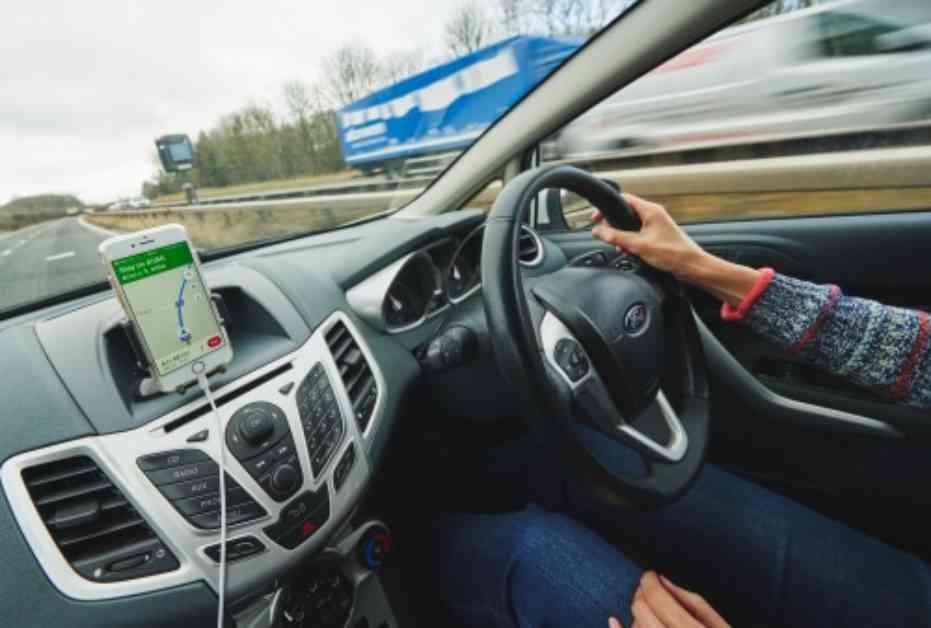New research from private plate supplier Regtransfers has shed light on the growing reliance of UK drivers on technology for navigation. According to a recent survey conducted by the company, it has been revealed that nearly one in four British road users now depend on sat navs or traditional road atlases to find their way around the UK’s roads.
The survey showed that 23% of respondents admitted they would not feel confident navigating without the assistance of a sat nav or a paper road atlas. This reliance on technology is further highlighted by the fact that only 47% of road users reported keeping a paper road atlas in their vehicle.
In a scenario presented to survey participants, where they were 100 miles from home with no working digital sat nav or phone, and no paper road atlas, only a third of respondents said they would be very confident in their ability to use road signs to find their way back home. This raises concerns about the over-reliance on technology for navigation.
The use of sat navs has become an integral part of the UK’s practical driving test since December 2017, with learners expected to demonstrate their ability to use one without it becoming a distraction. With popular navigation apps like Google Maps and Waze offering free navigation through mobile devices, it comes as no surprise that previous studies have found that 92% of British drivers use a sat nav.
Mark Trimbee, the CEO of Regtransfers, questions whether drivers are becoming too dependent on technology to navigate their journeys. He emphasizes the convenience of sat nav technology and the benefits of live traffic updates in cutting down commute times. However, Trimbee also highlights the importance of not relying solely on technology, especially for young drivers who may not have developed the skills to navigate using traditional road signs.
Trimbee advises drivers to invest in a good road atlas as part of their emergency provisions, alongside essentials like water, a first aid kit, a blanket, and a warning triangle. He stresses the importance of being prepared for situations where technology may fail, leaving drivers stranded without the help of navigation apps.
The use of sat nav apps on mobile phones also presents a legal risk for drivers, as it is illegal to use a phone’s sat nav without it being properly fixed to the dashboard or windscreen. Drivers caught violating this regulation could face six penalty points and a £200 fine, and risk losing their licence if they passed their driving test in the last two years.
In conclusion, while technology has undoubtedly revolutionized navigation for drivers, it is essential to strike a balance between reliance on sat navs and the ability to navigate using traditional methods. Being prepared for unforeseen circumstances and having the necessary skills to navigate without technology is crucial for all road users. As technology continues to advance, it is important for drivers to stay conscious of the risks and limitations that come with relying solely on navigation apps.

